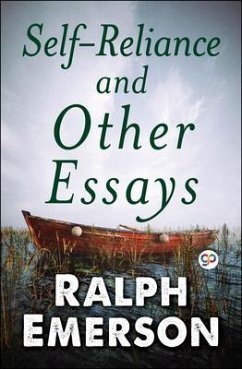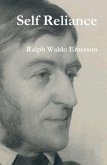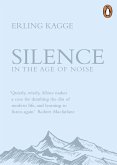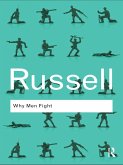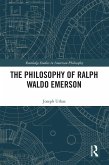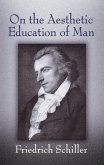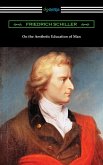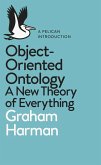Follow the thoughts of essayist, poet and American Transcendentalism founder Ralph Waldo Emerson as he discovered his own belief system in the anthology Self-Reliance and Other Essays. In 'Self-Reliance', Emerson explained that standing on one's own two feet against society was essential to forming a strong union with God. Once this essay was published, it received both wild praise and hurtful backlash from different factions of America. However, Emerson pushed through the negative criticism, stood against the crowd, and found himself stronger in his faith than he ever had before. Emerson found that self-reliance, no matter the situation, would always help the individual persevere and become stronger. Because Emerson wrote for the common man, many of his essays and poems are relatively simple and straight-forward; he wanted audiences to understand his thoughts and identify with his beliefs. He also wanted to wake them up from the conventional modern life that he believed had often placated them. Emerson's writings were meant to help the reader transcend to a more thoughtful mindset. His essays discuss themes of philosophy, poetry, history, politics, ethics, and literary criticism, all of which helped break people from what he believed were their mediocre lives. He saw that humanity could become stronger as a whole if people would take the steps to make themselves and their minds stronger.
ABOUT THE AUTHOR:
Ralph Waldo Emerson was an American essayist, lecturer, and poet, who led the Transcendentalist movement of the mid-19th century. He was seen as a champion of individualism and a prescient critic of the countervailing pressures of society, and he disseminated his thoughts through dozens of published essays and more than 1,500 public lectures across the United States.
Emerson gradually moved away from the religious and social beliefs of his contemporaries, formulating and expressing the philosophy of Transcendentalism in his 1836 essay, Nature. Following this ground-breaking work, he gave a speech entitled "The American Scholar" in 1837, which Oliver Wendell Holmes, Sr. considered to be America's "Intellectual Declaration of Independence".
Emerson wrote most of his important essays as lectures first, then revised them for print. His first two collections of essays - Essays: First Series and Essays: Second Series, published respectively in 1841 and 1844 - represent the core of his thinking, and include such well-known essays as Self-Reliance, The Over-Soul, Circles, The Poet and Experience.
ABOUT THE AUTHOR:
Ralph Waldo Emerson was an American essayist, lecturer, and poet, who led the Transcendentalist movement of the mid-19th century. He was seen as a champion of individualism and a prescient critic of the countervailing pressures of society, and he disseminated his thoughts through dozens of published essays and more than 1,500 public lectures across the United States.
Emerson gradually moved away from the religious and social beliefs of his contemporaries, formulating and expressing the philosophy of Transcendentalism in his 1836 essay, Nature. Following this ground-breaking work, he gave a speech entitled "The American Scholar" in 1837, which Oliver Wendell Holmes, Sr. considered to be America's "Intellectual Declaration of Independence".
Emerson wrote most of his important essays as lectures first, then revised them for print. His first two collections of essays - Essays: First Series and Essays: Second Series, published respectively in 1841 and 1844 - represent the core of his thinking, and include such well-known essays as Self-Reliance, The Over-Soul, Circles, The Poet and Experience.
Dieser Download kann aus rechtlichen Gründen nur mit Rechnungsadresse in A, D ausgeliefert werden.

